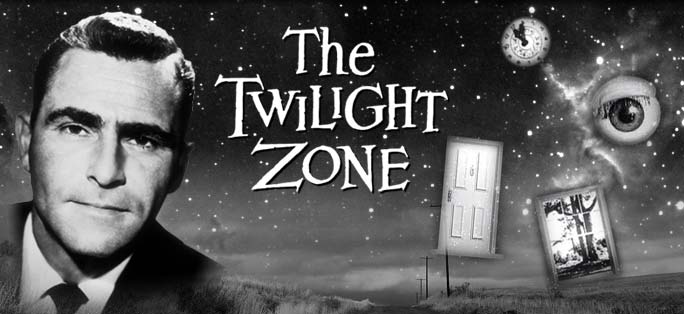So all the congressional leaders and the president are locked in a room. They all have one goal: raising the debt ceiling. They all agree it's important. They also agree that it's urgent, because by August 2, the United States will have run out of money to pay its bills.
So, as the president asked, "if not now, when?"
He might also have asked: "if not us, who?"
Alas, the "who" part is the real problem. The Republican party has evolved, before our very eyes, into a purist, anti-tax troupe that cares more about its no-new-taxes mantra than deficit reduction. It has defined itself downward, to borrow Pat Moynihan's phrase: from a big-tent, fiscally conservative party into a coalition narrowly and blindly carved to fit a political bumper sticker.
How else to explain the GOP's refusal to even consider a potential deal cooked up by the president and House Speaker John Boehner? When the Democratic president even considers a $4 trillion plan that counts $3 in spending cuts for every $1 of tax increases, serious-minded GOP deficit cutters would normally rejoice.
Instead, Republicans balked at Boehner. The speaker then had to disown his own work, which was formidable in theory: new revenues, yes, but in exchange for reforming the tax code to lower top rates. It's the obvious deal, but it could not be made.
That's because Republicans have moved beyond politics and into theology: Offered an exchange of billions in taxes for trillions in deficit cuts, they could not see their way beyond their no-tax religion. A definitional moment, to say the least.
It comes as no surprise, but it disappoints all the same. More than 230 House Republicans -- along with 40 GOP senators -- all signed a no-tax pledge. Back in 2008, John McCain refused to sign one, rightly arguing that no president should lock himself into that box.
But this time, most GOP presidential candidates are anything but pledge-averse. In fact, they've fine-tuned the business of fiscal pledging. Mitt Romney, for instance, has signed the "cut, cap and balance" pledge--a hydra-headed monster: opposition to raising the debt ceiling until there are spending cuts, caps on spending and (why not?) congressional passage of a balanced budget amendment. As for Michele Bachmann, she's holding out until the pledge also calls for repeal of health care.
How about this pledge? "I won't commit to anything that will at all anger, upset or endanger my base of support. And I hate taxes, and promise to fight against them forever and ever."
But how about a pledge to keep the country running, not to mention a pledge to try and reduce the deficit? Whatever happened to that? Republicans are fond of claiming that Obama does not pay homage to the notion of American exceptionalism. But how can you level that claim when your party is happy to let the nation default on its debts? (Or, as GOP presidential wannabee Tim Pawlenty put it, "I hope and pray and believe they should not raise the debt ceiling.") Is that what Tim Pawlenty really prays about?
Pawlenty continued, according to The New York Times: "These historic, dramatic moments where you can draw a line in the sand and force politicians to actually do something bold and courageous are important moments."
That much is true. But, sad to say, the moment has been hijacked by the purists and stolen from the rest of us.

